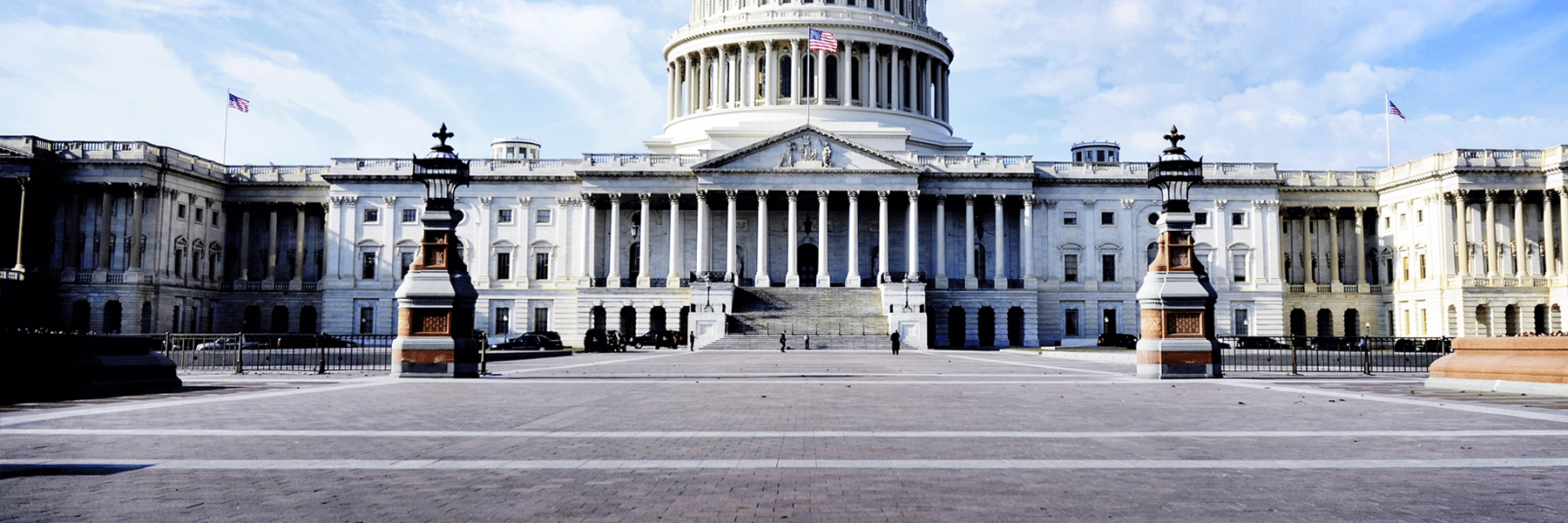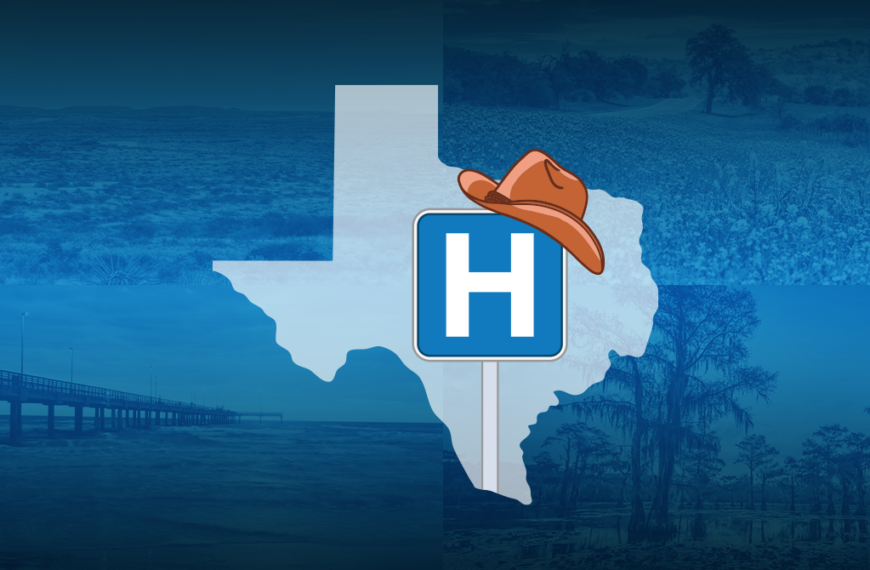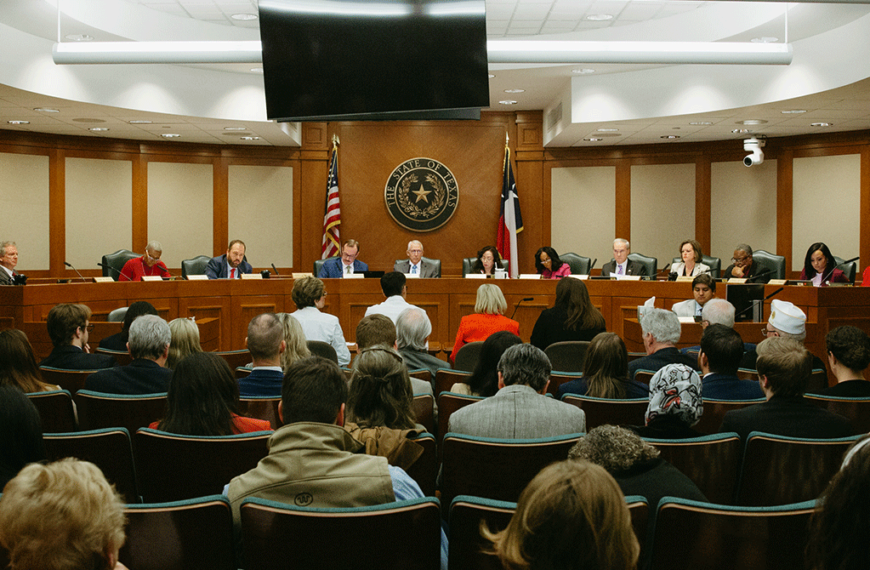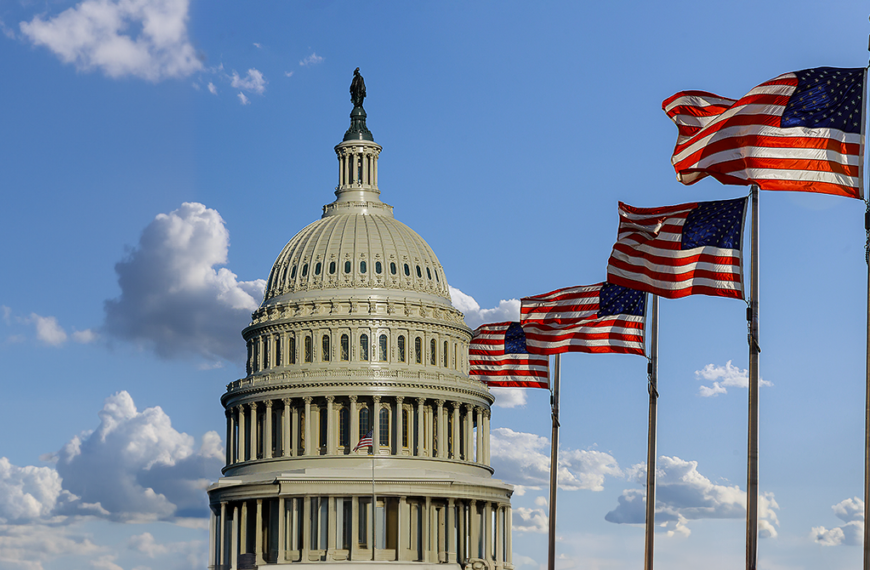It occupied our time and our minds as much as any issue can while sharing the stage with a state legislative session. For nearly six months, it consumed us. But we made sure it didn’t consume Texas Medicaid.

When negotiations began in Congress early this year on a federal budget “mega-bill” that targeted Medicaid cuts as a major cost offset, we at the Texas Hospital Association knew we had a lot of legwork in front of us to protect our state’s safety-net hospitals, which in turn protect our most vulnerable patients. We knew we had to do our best to steer the discussions toward a “do no harm” approach, and away from a haphazard upending of the way Texas funds its Medicaid program, which serves more than 4 million Texans.
THA advocacy leaders worked closely with members of the Texas congressional delegation and state leaders, including the Office of the Governor and the Texas Health and Human Services Commission. Ultimately, once President Donald Trump signed this budget measure into law on the Fourth of July, we had protected what would have been billions in lost funding for our Medicaid program.
As you no doubt know from saturation news coverage over the past several months, I’m referring to the reconciliation package that became known as the One Big Beautiful Bill. Though there’s little debating the “big” part, we’ll leave it to others to debate the matter of the legislation’s beauty. But from THA’s standpoint, there’s simply a sense of deep relief on the other side of this finish line. Our concerns were heard, and our Lone Star safety net will remain intact.
An example of particular importance: Early in these discussions, it became clear that Texas’ method of financing the nonfederal portion of Medicaid was under intense scrutiny. To generate that nonfederal share, jurisdictions around our state operate local provider participation funds (LPPFs). Through these funds, Texas jurisdictions uniformly tax their private hospitals at up to 6% of the net patient revenue of the hospitals within that jurisdiction.
As lawmakers explored potential sources of savings, that 6% “safe harbor” figure became a key one. There were rumblings of everything from a 1% reduction to eliminating provider tax arrangements entirely – options that all resulted in lost-funding estimates in the billions for our Medicaid program. A memo from the White House in mid-June that was pointedly critical of provider tax arrangements was another reminder of what we were up against. But thanks to unified and tireless work from THA and our allies, LPPF tax arrangements that were already in place upon the budget bill’s July 4 enactment date are now grandfathered – meaning, for example, that any LPPF previously set up to tax at the 6% rate will be allowed to continue.
Our advocacy in the waning days was crucial in securing that grandfather provision, protecting about $7 billion for Texas hospitals as compared to previous iterations of the budget bill. On another key issue of contention, state-directed payment programs (SDPs), our fourth-quarter messaging helped win a grandfathering for those programs as well, preserving another $3 billion in relation to what the bill could have done. Thus, we successfully protected approximately $10 billion of Texas Medicaid funding that was on the line in those final days. Pieces of the bill that don’t bode well for SDPs have a long period of implementation, which gives us plenty of time to work with lawmakers on those provisions before they go into effect.
To that point, we certainly weren’t fully satisfied with the final legislation. For example, there’s no new delay of the Disproportionate Share Hospital cuts that are scheduled to go into effect this October and would ultimately cost Texas hospitals more than $2 billion over three years. But the bottom line is that Texas Medicaid – and the hospitals that make its care possible – have not suffered the hit that was initially feared. As hospitals and advocates, we’ll keep being there for Texas’ most vulnerable residents – and keep working toward ways to bolster Medicaid.
Related articles from The Scope
National Hospital Week 2025: Appreciation and Awareness
National Hospital Week is a time to celebrate health care…
Texas Women – and Hospitals – Need the Certainty and Clarity of the Life of the Mother Act
There is nothing more central to the mission of a…
The THA 10: Legislation Driving Texas Hospitals’ State Agenda in 2025
Occasionally – with bad legislation littering the agenda of the…
Show and Tell: Hosting a Lawmaker at Your Hospital
It’s one thing to tell a lawmaker what your hospital…
Trump, Capitol Hill and Texas Hospitals: The First 100 Days
Updated Apr. 3, 2025: As a new administration and a…
Staying Alive: The Facility Fee Debate
Talk to Frank Beaman about the latest legislative push to…






